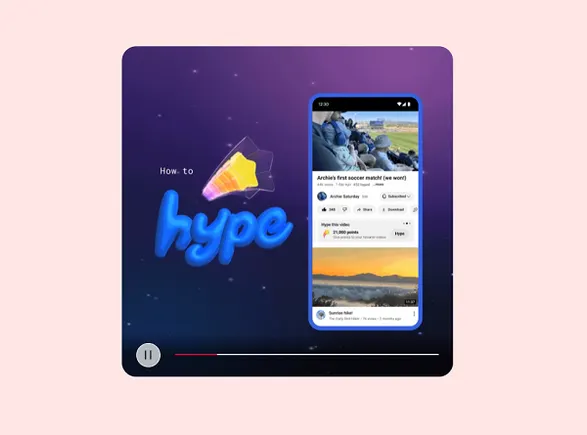How to kick your secret snacking habit once, and for all
Holistic health coach Stef Jung on beating the snack monster.

Have you ever driven somewhere and wondered, how the heck did I get here? Or zoned out in conversation and had to ask sorry, what did you say?
In a global attention-span drought, it’s no mean feat to be present and when it comes to eating, it’s no surprise you’re likely consuming food on autopilot (hello mindless snacking).
As a Holistic Health Coach, I focus on helping people become intuitive eaters and overcome binge eating. Practising mindful eating is a pivotal part of the journey to kick those secret snacking habits to the curb and start a healthy relationship with food.
Like what you see? Sign up to our bodyandsoul.com.au newsletter for more stories like this.
Here are the top three reasons I see peoples snacking habits go haywire and how you can turn the mindless into mindful.
You’re not in tune with your hunger cues
Many of us have a complicated relationship with hunger. We see it as something that needs to be controlled, reined in, and suppressed. Any hunger signals outside regular mealtimes feel like our body is betraying us. As we reject these signals, we become incredibly disconnected from our bodies and have difficulty tapping into our hunger and fullness cues.
So when we find ourselves mindlessly and secretly snacking throughout the day, it may be because we are simply not eating enough during mealtimes – whether that is because we can’t recognise our hunger or because we’ve been conditioned to be ashamed of our appetite. Perhaps it’s a combination of both.
It’s time to (re)-befriend our hunger through a lens of curiosity and non-judgment. To start, self-reflect when you reach for a snack, you may realise that:
You’re not allowing enough carbohydrates in your diet to sustain blood sugar levels and prevent that dreaded afternoon crash. Your eating windows are spaced too far apart, causing you to feel out of control in between mealtimes. You carry limiting beliefs around when you shouldn’t and shouldn’t be hungry, leading to guilt and secretive snacking.Simply gaining awareness around the factors that lead to your complex relationship with hunger can help reduce the urge for secretive snacking. I
You don’t know how to cope with your emotions without food
If you find yourself chronically snacking when you aren’t hungry, it’s time to ask yourself: what’s eating away at me?
Snacking, especially when done hurriedly and in secrecy, is one of the quickest ways to numb and distract ourselves from any uncomfortable feelings. Whilst occasional emotional eating can be part of a healthy relationship with food, it becomes a problem when it’s the only tool in our self-care toolkit.
Instead of avoiding our feelings through food, we can do what is counterintuitive: notice them, welcome them and acknowledge that they don't need to be fixed.
The big paradox is that the best way to get rid of any kind of emotional discomfort is to be willing to feel it. So before you reach for a snack (when you know you aren’t physically hungry), can you take a moment to sit with your emotions and consider what else you might need?
This is where a mindfulness practice can be a powerful tool to help you gain awareness or you may want to consider adding stress supporting adaptogens such as Ashwagandha or mood-supporting supplements into your daily rituals.
You are ignoring your humming foods
Have you ever woken up and knew exactly what food you were in the mood for that day?
That’s a humming food - it occurs when we are internally inspired to consume a certain food rather than an external trigger like sight or smell. Humming foods satisfy you both emotionally and physically, and you don’t go looking for more food an hour later because you are genuinely content with your food choice.
Here’s the thing: many of us ignore our humming food due to food guilt or strict diet rules, and instead replace it with phantom version of that food. Phantom foods essentially are a “healthyfied” version of what’s humming at us, which we use to try and trick our body and mind out of our true food craving.
This sounds great in theory, but it often backfires. When we don’t honour what hums, we tend to over-consume on the phantom food to make up for not getting what’s truly appealing to us. Enter: non-stop mindless snacking to fill an undefinable void.
The key takeaway here is to honour what hums at you. You'll be surprised that, more often than not, you may actually find yourself eating less overall. Gone will be the days of finishing a meal thinking “what’s next?” because you won’t be left feeling dissatisfied.
Stef Jung is a Wanderlust Holistic Health Coach & founder of Wholesome Stef, an intuitive eating coaching business focused on helping women heal their relationship with food & their bodies. Stef recently launched 'Discover Food Freedom', a 9-week self-guided online course. Follow along here and here.
Any products featured in this article are selected by our editors, who don’t play favourites. If you buy something, we may get a cut of the sale. Learn more.

 ValVades
ValVades 
































